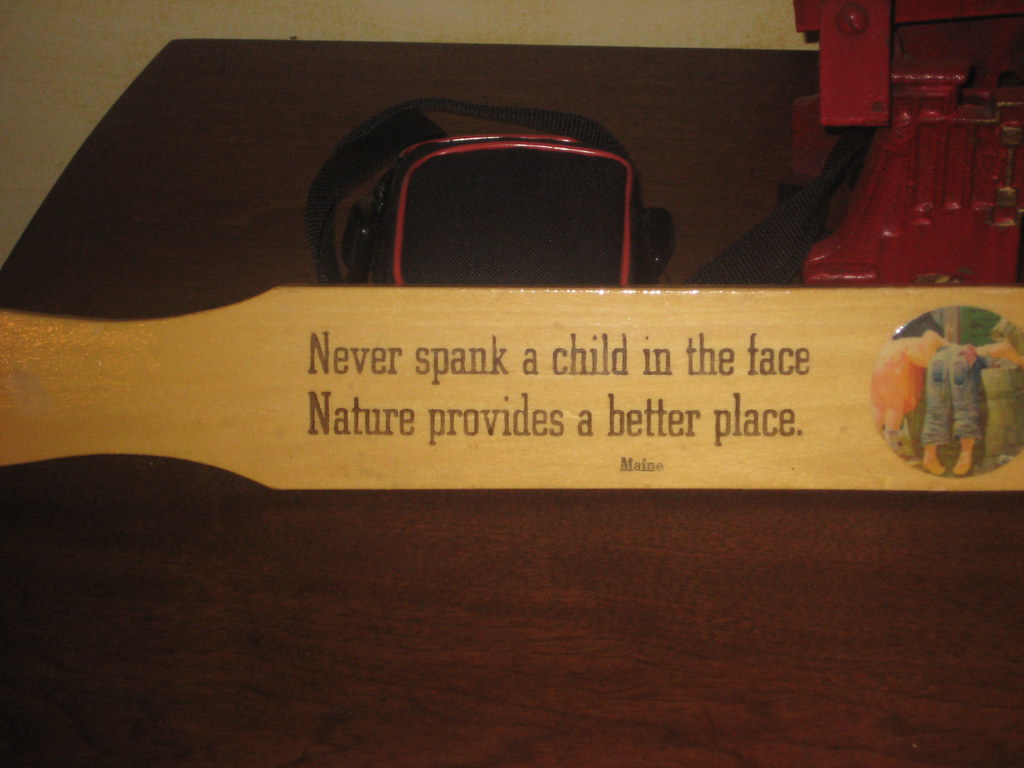Disciplining A Child Is A Tough Job, But We All Must Do It
Dr. Joan Durrant, a clinical child psychologist, describes what positive discipline is, and what it is not. She also provides an overview of her approach. Disciplining a child is one of the most important, yet difficult, roles of being a parent. Effective discipline teaches a child to be self disciplined later in life. It helps your child grow up to be happy and well adjusted. Effective and positive discipline teaches and guides children, and helps them to feel safe, secure, and valued.
Disciplining children can be trying and sometimes ineffective. We try to correct them when they’re wrong and show them there are consequences for their actions but when a child misbehaves, some parents don’t know the appropriate or effective way to discipline. Because all children are different, what works for one child may not work for another. So it’s important to determine which method of discipline will work for each child.
Disciplining children is never an easy task but one of the main roles of being a parent, in addition to loving your children, is to develop responsible, rule abiding citizens. Although children can stretch a parent’s patience at times, don’t let it go when your children do something wrong. One of the most important factors in disciplining children is consistency. If you’re not consistent, you’ve already lost the battle. Discipline calls for consistent and continuous correction.
Continuous correction from all elders’ makes it clear to the young child that certain behaviors are not acceptable to all; but correcting intermittently teaches a child to learn to find routes of escape and sends the message that a certain behavior can pass off without being noticed. It may also cause confusion among young children.
Children are bratty when they’re young but you can learn to teach them how to be appropriate when they are younger because it’ll be more difficult to teach them as they get older.
One of the most controversial methods of discipline is spanking. While spanking does serve as a punishment for unwanted behavior, it sends a mixed message and may cause more harm than good. Spanking a child teaches them that violence is an acceptable way to resolve problems. Spanking a child for hitting or hurting others is often counterproductive because the message of not hitting is lost in the punishment, which is hitting.
Spanking, in a child’s mind, means that it’s ok to hit others. Parents who spank are surprised to see their child hit them. But it’s pretty logical that they imitate your own behavior. Spanking a child because he hits is perfectly absurd.
Remember that spanking a child can make him hit and if he starts and you don’t know how to stop him, he might become a teenager who thinks it’s okay to it. You don’t want that to happen so don’t start the vicious circle.
Using public humiliation when disciplining children can be very effective if you only want to change behavior. Out of fear of further embarrassment they will avoid that same action in the future. They will have learned a lesson. They will have been manipulated into conduct that is more acceptable to their disciplinarian.
Disciplining children and abuse are different issues. Punishment is not to hurt or harm the child but it is a method of training the child to act in ways that are more advantageous to the child. For discipline to work, it needs to encourage and not manipulate or control. With the right style, you will see great results from your children. When a child is trained from a young age to be disciplined, the child learns to handle the pressure of living within the set limits and grows up to be a productive member of society.

“